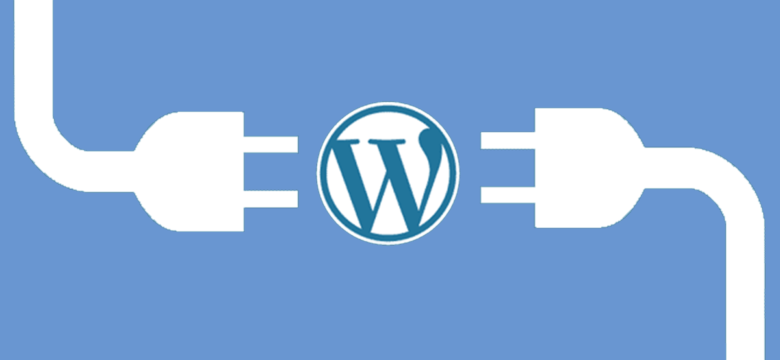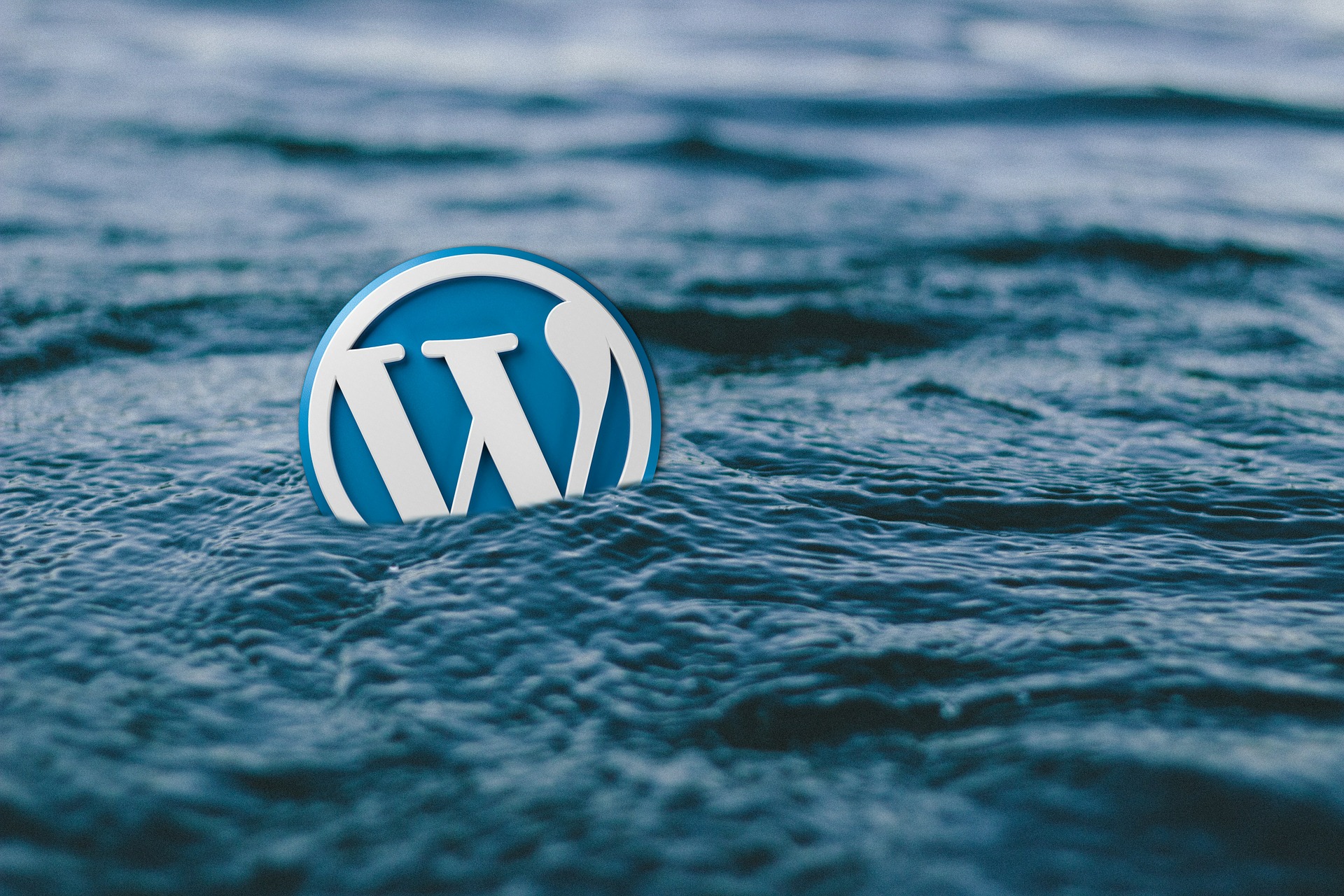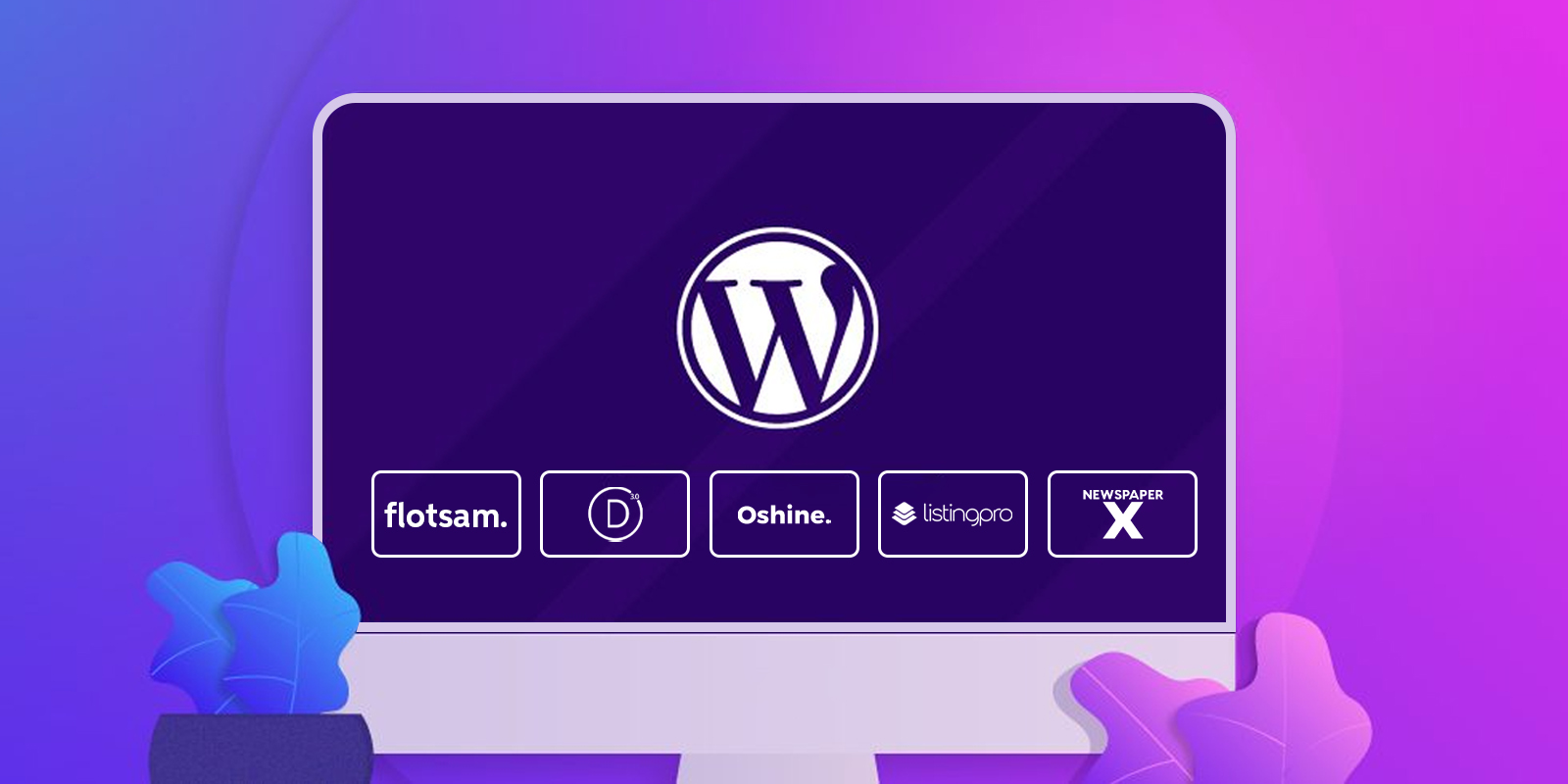WordPress is a phenomenal tool that allows you to build just about any website to meet your needs. The larger your WordPress website gets and the more content and plug-ins you add, the slower it can become.
Even reinstalling WordPress may not be enough to improve performance. Slow performance becomes especially noticeable if you have high traffic or if you are using a subpar web host.
You already know the impact that page loading times can have on your website. There are ample reports showing how large e-commerce merchants have lost millions of dollars because their websites loaded slowly. In the world of e-commerce, the second delay in page loading can mean the loss of customers.
Whether you are building a site from scratch, using a CMS like WordPress, or working with a web builder, you need to get your site loading as quickly as possible. A slow loading site leads to poor search engine results. Page speed is definitely a factor that Google uses when determining page results. That’s why first of all, you need to choose a reliable web hosting option because optimizing your website won’t help you much if your hosting provider can’t offer you faster loading speeds.
If your website takes too much time to load, it leads to higher abandonment rates, and it’s considered a negative Google ranking factor. According to Google/SOASTA Research, if page load time goes from 1 to 3 seconds, the probability of bounce increases 32 percent. Pingdom’s research showed that pages that load within 2 seconds have an average bounce rate of 6 percent, while the ones that take up to 5 seconds to load have a bounce rate of surprising 38 percent! Some hosting solutions can offer you a load time that is less than 1 second, which helps you rank better on Google and minimizes abandonment rates.
But there are factors other than hosting that could slow down your website. When it comes to WordPress, one of the most common factors that could affect your website’s load time is cache, so it’s important to know how to properly clear your cache in WordPress. There are several plug-ins that are able to help you with that, but not all of them are equally effective.
How Can You Improve the Speed of WordPress?
As mentioned, WordPress is a phenomenal tool thanks in part to the endless plug-ins that have been created for it. This includes caching plug-ins. Sometimes, just installing a caching plug-in can make your page load faster.
A caching plug-in can improve the efficiency of WordPress. Every time someone visits your site, content is created dynamically. There is a lot going on in the background unseen by you. This includes several database queries and code executions happening simultaneously.
Caching plug-ins create a static version of your website. This eliminates several steps that are typically seen when a page is dynamically generated. The result is that your page loads faster, your customers are happier, and your conversion rates increase. A conversion rate is one of the most important key performance indicators (KPIs) your business should track, and it measures how many prospects actually become customers.
WordPress offers several caching plug-ins. Not all are created equally. Some offer better user experience and produce better results. It can be a challenge to sort through all the WordPress caching plug-ins to find the one that is going to work best for you.
It would take a lot of time for you to compare caching plug-ins. We have done the research for you. The following are the five best WordPress cache plug-ins to speed up your website.

1. W3 Total Cache
This is a powerful plug-in. It has several features that can positively impact your site’s speed right away. Because it offers so many options, it can look intimidating to use.
The feature you should be most concerned with is enabling page caching. This will allow W3 Total Cache to save and serve cached pages for your visitors.
Something you have likely noticed when testing your website’s speed is that you are recommended to serve compressed pages. Basically, this means that the user is going to ask for a page from your site. Your site responds by sending a gzip version of your page. Since it’s compressed, the size of your page is reduced and loads faster. Once the page reaches the user, it’s unzipped and displays normally.
You can find this feature by clicking on performance>> Browser Cache. You will see the enabling HTTP compression. Click that option, and you are good to go. While this is not the easiest plug-in to use because of its advanced features, it offers everything you need to improve the speed of your page from a caching point of view.
2. WP Super Cache
WP Super Cache is a popular caching plug-in. It has over a million active installs, and users rate it highly.
This plug-in’s popularity stems from the fact that it keeps your server from grinding to a halt or overloading when there is a traffic spike. The last thing you want is for your blog or homepage to become popular, and then your visitors not be able to benefit from it.
WP Super Cache could reduce loading time by 0.85 seconds in GTmetrix. This is the equivalent of a 28 percent increase in speed. As we mentioned, even a one-second improvement in speed can drastically improve conversion rates and the user’s experience.
3. WP Rocket
WP Rocket offers performance that other caching programs cannot beat. It offers several features and perks. The downside is that it will cost you a bit more out-of-pocket to enjoy these features.
WP Rocket is created to be user-friendly. It is a tool that beginners can use efficiently. With just a few clicks, you can make your WordPress site load faster. Hundreds of thousands of websites are using this plug-in to improve their loading time.
Besides creating page caches, this plug-in lets you image lazy load, compress CSS, JavaScript, and HTML, and take advantage of several other features. Since it only requires a few clicks to see results, this is an excellent tool for beginners who do not have a tech background.
Licensing packages last for one year. You will spend between $49 USD and $249 USD, depending on the number of websites you are looking to support. To configure page caching settings, you need to go to “Settings” on the left side panel in your WordPress dashboard and then click WP Rocket.
Once you are inside the settings area, click “cache.” You will see the options for modifying user cache, mobile caching, and a cache lifespan. There are also some advanced features, including the exclusion of pages and the purging of URLs. You can find these features in the “Advanced Rules” section.
4. WP Fastest Cache
WP Fastest Cache performs a similar task to the plug-ins we have mentioned above. This product is more simple to use because it has fewer customizations. A beginner can get a grasp of what the program can do and understand how to use it easily.
Although this product does not have the same number of features the other products we discussed have, it is not less effective. It is used on over 100,000 websites. This plug-in is not the fastest for decreasing load times. Typically, users see a .05 second reduction in load times. Still, increasing your website speed load by 15 percent is nothing to laugh at.
5. Hyper Cache
Hyper Cache is not a big name in caching plug-ins. But we have included it because it is effective. It has a lot of power and is a plug-in that is focused on page caching. There are tens of thousands of active installs of this plug-in on WordPress.
One major plus is that this is a free plug-in that does not have a paid version. Unquestionably, this is going to draw more people to it. One benefit of this plug-in is that it is mobile aware. Something you will notice is that many caching plug-ins only work with the desktop version of your site. With Hyper Cache, it does not matter if visitors use a mobile device or a desktop.
Hyper Cache does not come set up out-of-the-box. You will need to install the program and then make several adjustments to get the plug-in to function as you would like it to. However, the results show that this plug-in does work. In some scenarios, it was able to shave up to two seconds off of an unoptimized website.
Some features of this plug-in include mobile caching, theme switching, compress and support, configurable bypass, and bbPress readiness. Hyper Cache is 100 percent PHP and promises to work on all types of blogs. Its primary target is mobile users. However, it works well for desktop users. This is an excellent tool for someone who is just starting out with WordPress and needs to fix some simple caching issues.
Final Thoughts
You want your website to be as effective as possible. Caching plug-ins can help optimize your WordPress site. The faster your site loads, the happier your customers will be. The happier your customers are, the more likely they are to buy the product or service you are offering, leading to a better ranking on Google search results.




WP Rocket and W3TC are my favorite. Certainly, all are good if one could know how to optimize the website and equipped with good and decent hosting providers.
I have installed WP rocket on many sites, and a few are with W3Total Cache as well. Though, seems like HyperCache can be tried for my new site. Thanks for putting all the options together of caching plugins.